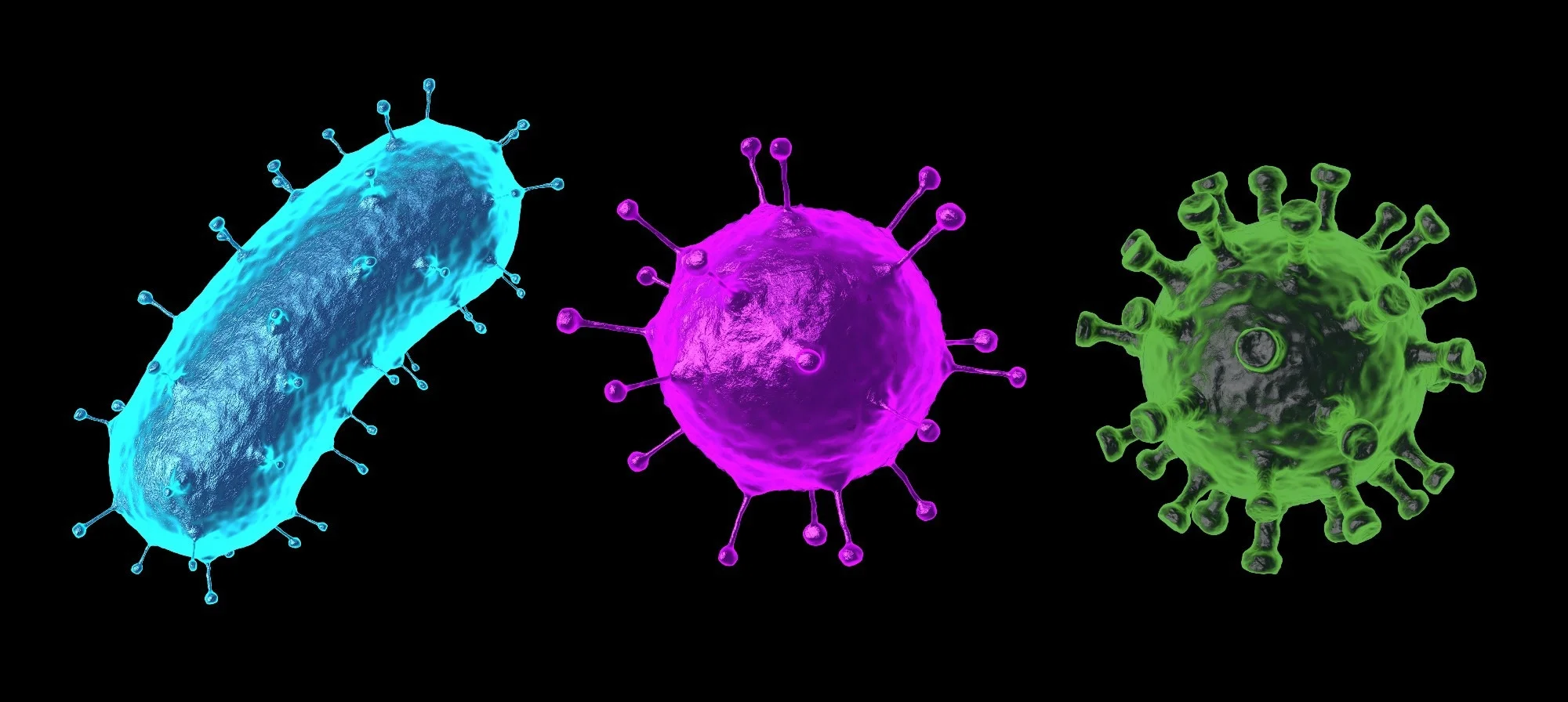Authorities in Guangdong Province, China, have confirmed the country’s first locally acquired cases of chikungunya virus infection. The cases were detected in the city of Foshan, located in the southern part of the province, marking a significant public health development for the region.
According to local health officials, multiple individuals in Foshan tested positive for chikungunya virus, a mosquito-borne disease transmitted primarily by Aedes aegypti and Aedes albopictus mosquitoes. These are the same mosquito species responsible for spreading other viral diseases such as dengue and Zika.
The reported infections are notable because they represent the first known cases in which the virus was acquired within China, rather than contracted abroad. Previously, chikungunya cases reported in the country had been linked to international travel to areas where the virus is endemic.
Public Health Response
The Guangdong Provincial Center for Disease Control and Prevention (CDC) has activated its vector surveillance and control measures to limit further spread. Health teams have been deployed to conduct mosquito population monitoring, larval source reduction, and targeted insecticide spraying in the affected areas.
Residents of Foshan have been advised to take preventive measures, including using mosquito repellents, installing window and door screens, wearing long-sleeved clothing, and eliminating standing water where mosquitoes can breed. Public awareness campaigns are also underway to inform communities about the symptoms of chikungunya and the importance of early medical attention.
About Chikungunya Virus
Chikungunya virus is a member of the Togaviridae family and is transmitted to humans through the bite of infected mosquitoes. Symptoms typically appear within four to eight days after infection but can range from two to 12 days.
The most common symptoms include:
-
Sudden onset of fever
-
Severe joint pain (arthralgia)
-
Headache
-
Muscle pain
-
Fatigue
-
Rash
While chikungunya is rarely fatal, the disease can cause debilitating joint pain that, in some cases, persists for weeks or months after the initial illness. There is currently no specific antiviral treatment or licensed vaccine for chikungunya. Care is supportive, focusing on relieving symptoms through rest, hydration, and pain management.
Regional and Global Context
Chikungunya was first identified during an outbreak in Tanzania in 1952 and has since spread to more than 110 countries across Asia, Africa, Europe, and the Americas. The disease often emerges in tropical and subtropical areas where suitable mosquito vectors are present.
The confirmation of local transmission in Guangdong aligns with broader trends in mosquito-borne illnesses in southern China. The region’s warm, humid climate and high population density create favorable conditions for the spread of Aedes mosquitoes. In recent years, Guangdong has also reported recurrent dengue outbreaks, underlining the ongoing public health challenge posed by vector-borne diseases.
Monitoring and Future Risk
Public health experts note that climate change, urbanization, and increased international travel contribute to the expanding geographic range of mosquito vectors, potentially facilitating the spread of chikungunya and other arboviruses into new regions.
Chinese health authorities have indicated that continued monitoring, rapid case detection, and vector control are essential to containing the current situation. Medical facilities in the province have been instructed to remain alert for patients presenting with fever and joint pain, particularly those without recent travel history, as these may signal additional local cases.
The Guangdong CDC is working with national and municipal health agencies to ensure timely sharing of data, laboratory testing capacity, and coordinated vector control strategies. The World Health Organization (WHO) has been informed of the outbreak, though no travel or trade restrictions have been recommended at this time.
Public Advisory
Residents and visitors in Guangdong are urged to maintain heightened awareness of mosquito-borne disease prevention measures. Health authorities emphasize that individual actions, combined with community-wide mosquito control efforts, are critical to reducing the risk of further chikungunya transmission in the region.
The current situation will continue to be closely monitored, and updates will be issued as more information becomes available.

James Jenkins is a celebrated Pulitzer Prize-winning author whose work has reshaped the way readers think about social justice and human rights in America. Raised in Atlanta, Georgia, James grew up in a community that instilled in him both resilience and a strong sense of responsibility toward others. After studying political science and creative writing at Howard University, he worked as a journalist covering civil rights issues before dedicating himself fully to fiction. His novels are known for their sharp, empathetic portraits of marginalized communities and for weaving personal stories with broader political realities. Jenkins’s breakout novel, Shadows of Freedom, won national acclaim for its unflinching look at systemic inequality, while his more recent works explore themes of identity, resilience, and the fight for dignity in the face of oppression. Beyond his novels, James is an active public speaker, lecturing at universities and participating in nonprofit initiatives that support literacy and community empowerment. He believes that storytelling is a way to preserve history and inspire change. When not writing, James enjoys jazz music, mentoring young writers, and traveling with his family to explore cultures and stories around the world.









